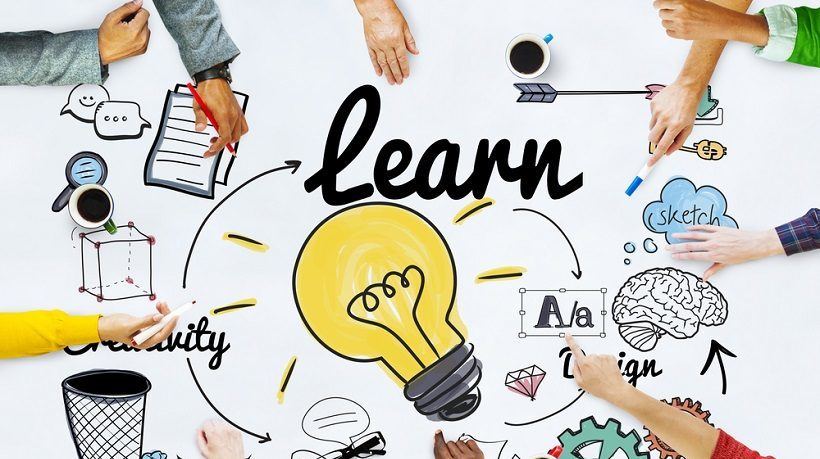In addition to intellectual skills, the report also emphasizes learning that includes “ways of investigating human society and the natural ...
In addition to intellectual skills, the report also emphasizes learning that includes “ways of investigating human society and the natural world”, including: • the human imagination, expression, and the products of many cultures • the interrelations within and among global and cross-cultural communities • means of modeling the natural, social, and technical worlds • the values and histories underlying U.S. democracy Furthermore, to ensure citizenry with social responsibility, education should foster: • intellectual honesty • responsibility for society’s moral health and for social justice • active participation as a citizen of a diverse democracy
• discernment of the ethical consequences of decisions and actions • deep understanding of one’s self and respect for the complex identities of others, their histories, and their cultures. The man who feels smug in an orderly world has never looked down a volcano Anonymous Wirth & Perkins - Learning to Learn 5 It is a great nuisance that knowledge can be acquired only by hard work Somerset Maugham Finally, the report suggests that for the intentional learner “intellectual study connects to personal life, formal education to work, and knowledge to social responsibility.” These sorts of connections don’t develop on their own when one “becomes an adult.
” They take deliberate effort and continual reflection. When are you going to begin developing these kinds of connections? How will you develop them? Why not start now? The most recent call for education reform comes from the Commission on the Future of Higher Education. This 19 member panel, with representatives from large research universities, liberal arts colleges, community colleges, trade schools and corporate executives, was appointed by the Secretary of Education to examine concerns about access and accountability in higher education. The panel recently released a blistering report (SECFHE, 2006) on the state of higher education in the U.S. Among other things, the panel stated: “we are disturbed by evidence that the quality of student learning at U.S. colleges and universities is inadequate and, in some cases, declining” and “employers report repeatedly that many new graduates they hire are not prepared to work, lacking the critical thinking, writing and problem-solving skills needed in today’s workplaces.”
In addition, they note “business and government leaders have repeatedly and urgently called for workers at all stages of life to continually upgrade their academic and practical skills.” The message is clear; learning is not something you just do for a few years in college. Learning is a lifelong commitment!

No comments